Last week Argonne National Laboratory held an Energy Slam featuring four Argonne researchers to debate non-fossil energy sources. If you missed the webcast, here's a great recap. Each presenter had 10 minutes to give the case for their energy source and then the audience voted by clapping for their favorite.
- The 1957 Disneyland episode Our Friend the Atom
- Reliable, efficient, near-zero emissions
- Lowest mortality rate of ANY electricity source
- Doesn't need back-up fossil plant (like wind and solar)
- Lowest carbon emitting and no greenhouse gases
Wind - Guenter Conzelmann, head of Argonne’s Wind Power Technologies and Analysis Program
- Zero fuel, no waste
- Doesn't run the risk of major nuclear accidents
- 23 fold increase in wind capacity over the last 15 years (globally)
- Wind is variable because of weather but we can manage it
- 70% of everything that goes into a wind turbine is made in the U.S.
Biofuels - Jennifer Dunn, head of Argonne’s Biofuel Life Cycle Analysis Team
- The other sources only work if we can electrify the transportation sector
- Hard to beat the energy density of liquid fuels
- We can convert landfill waste to biofuel
- Not just corn ethanol, but also waste and energy crops, algae, oil crops, and soy
- Lots of interest for biofuels in aviation, both military and commercial
Solar - Seth Darling, nanoscientist who focuses on solar energy conversion
- All energy is actually solar energy (except man-made nuclear)
- Feasible to use about 2% of land in U.S. for solar
- Solar prices have been coming down drastically
- Can design solar panels into architecture
- Can design grid to handle variability and utilize energy storage
- Democratization of energy because you don't need a utility and can sell back to grid
Watch the full video of the Argonne Energy Slam here.
Which energy source gets your vote?
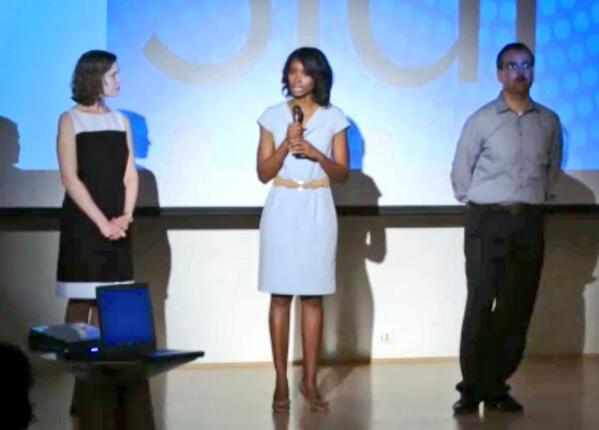
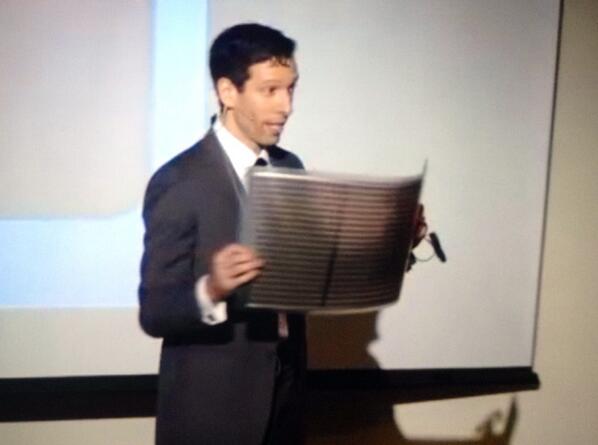
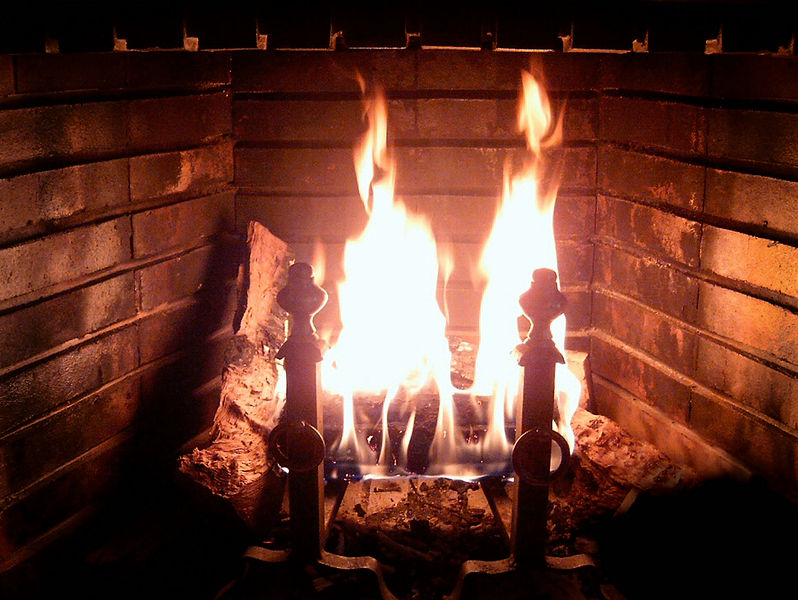


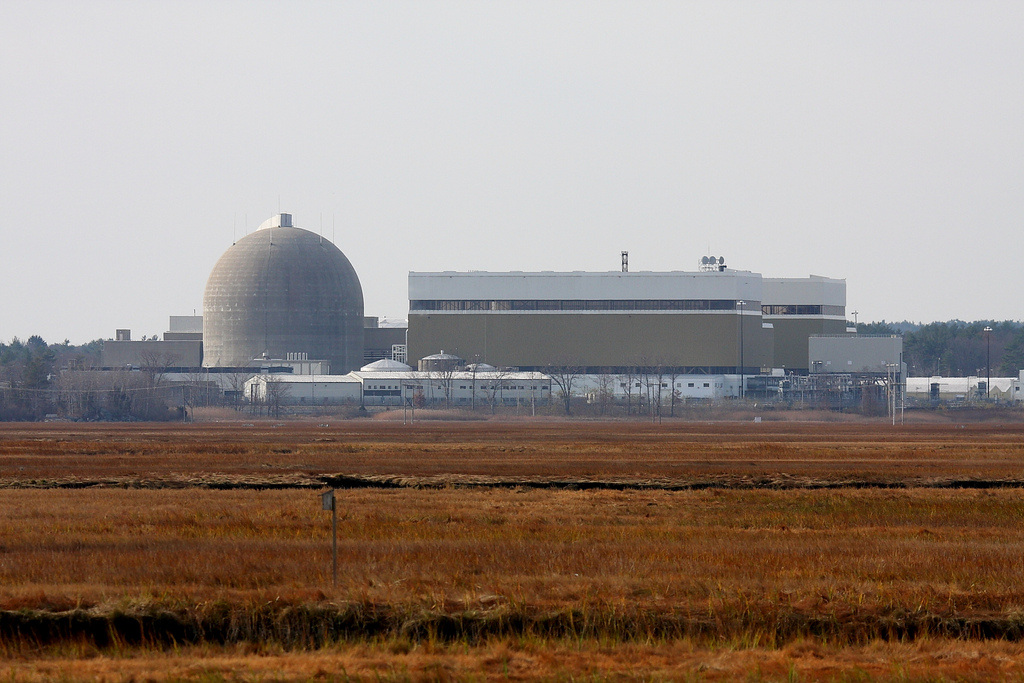
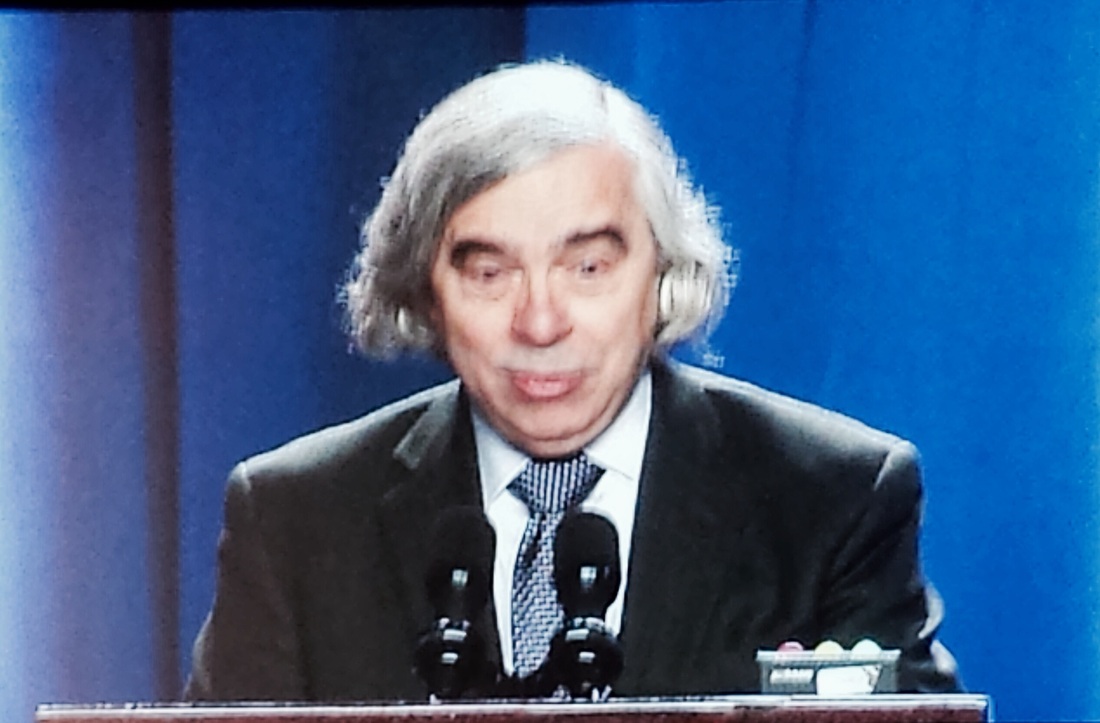

 RSS Feed
RSS Feed

